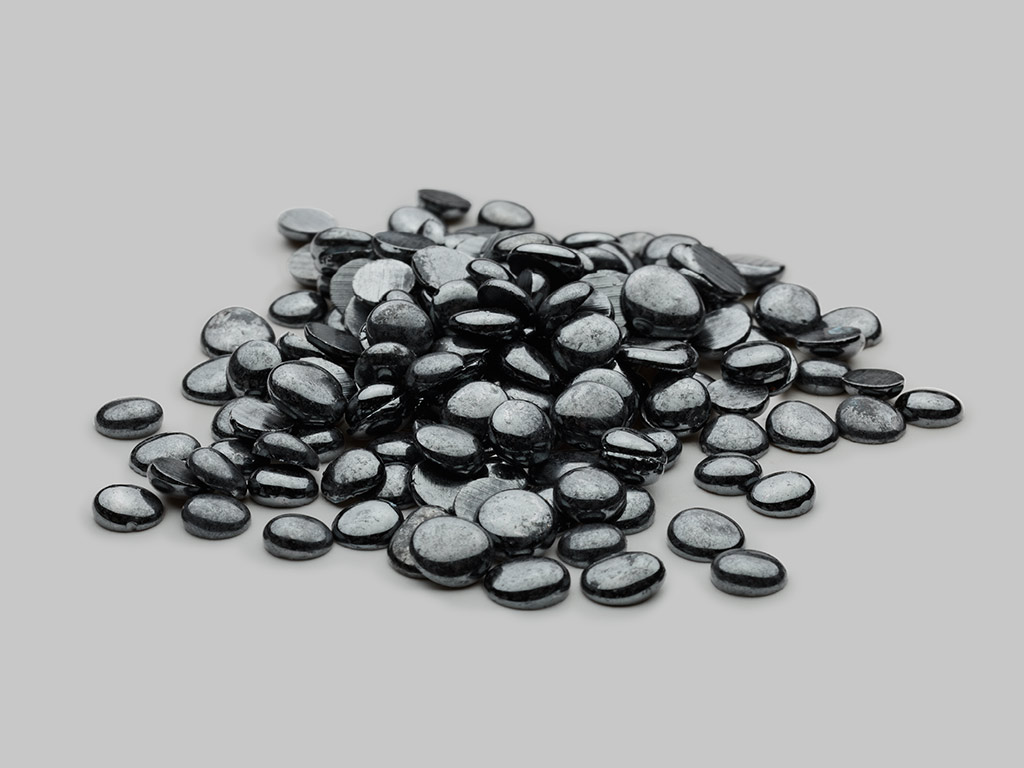Selenium against cancer: Myth?
The question of whether can protect selenium against cancer of prostate has different answers. A meta-analysis now provides evidence for a beneficial effect. But, obviously, the effect will depend on the correct dose of selenium.
Studies, which have prove the effect of selenium against cancer developing were examined, but so far we have conflicting results. So the SELECT study (“Selenium and Vitamin E Cancer Prevention Trial”) stopped prematurely after five years, because seemed that the intake of 200 micrograms of selenium per day have no influence on the risk of disease. In contrast, a web analytics of the NPC study (“Nutritional Prevention of Cancer”) came to the conclusion that the same dose could reduce the risk of prostate cancer by 52 percent. However, the protective effect in the NPC study was limited to a specific risk group of patients with cancer, which also has low baseline selenium concentration.
Other studies have come to mixed results. A recent meta-analysis of American scientists now leads to the supposition that, the protective effect of selenium is probably a question of the right dose. The researchers evaluated twelve trials, involving over 13,000 participants, which covered a focus on prostate cancer risk, depending on the selenium plasma concentration. The result: Within a relatively narrow range 60-170 ng/ml, increased the risk of disease with increasing selenium levels by up to 25 per cent.
The values were below or above this area, wasn’t reported protective effect of selenium. In addition, the question remained unclear how much selenium should actually be taken to reduce the risk of prostate cancer. The study commentators Dr. Erin L. Richman and Dr. June M. Chan of the University of California in San Francisco emphasize that only would have to show further studies, such as the risk of prostate cancer with selenium concentrations in plasma of about 170 ng / ml evolved, how it pays off when a patient only after the cancer diagnosis begins with the selenium intake and how different gene variants in selenium metabolism have an impact on the development of prostate cancer. Due to the unclear situation starting supplementation with selenium against cancer prevention is currently in any case not recommended.